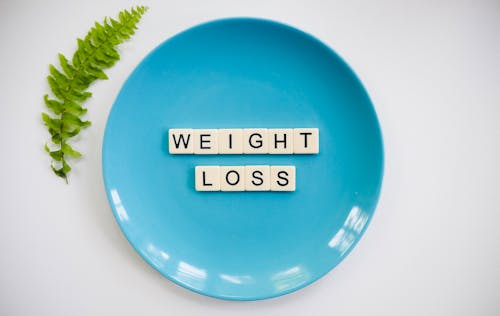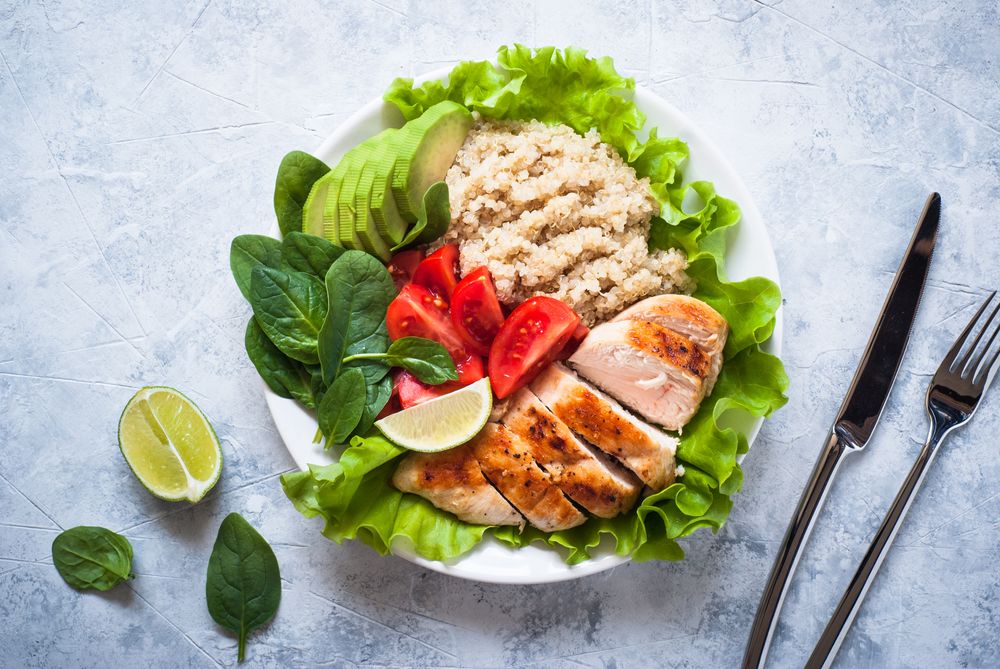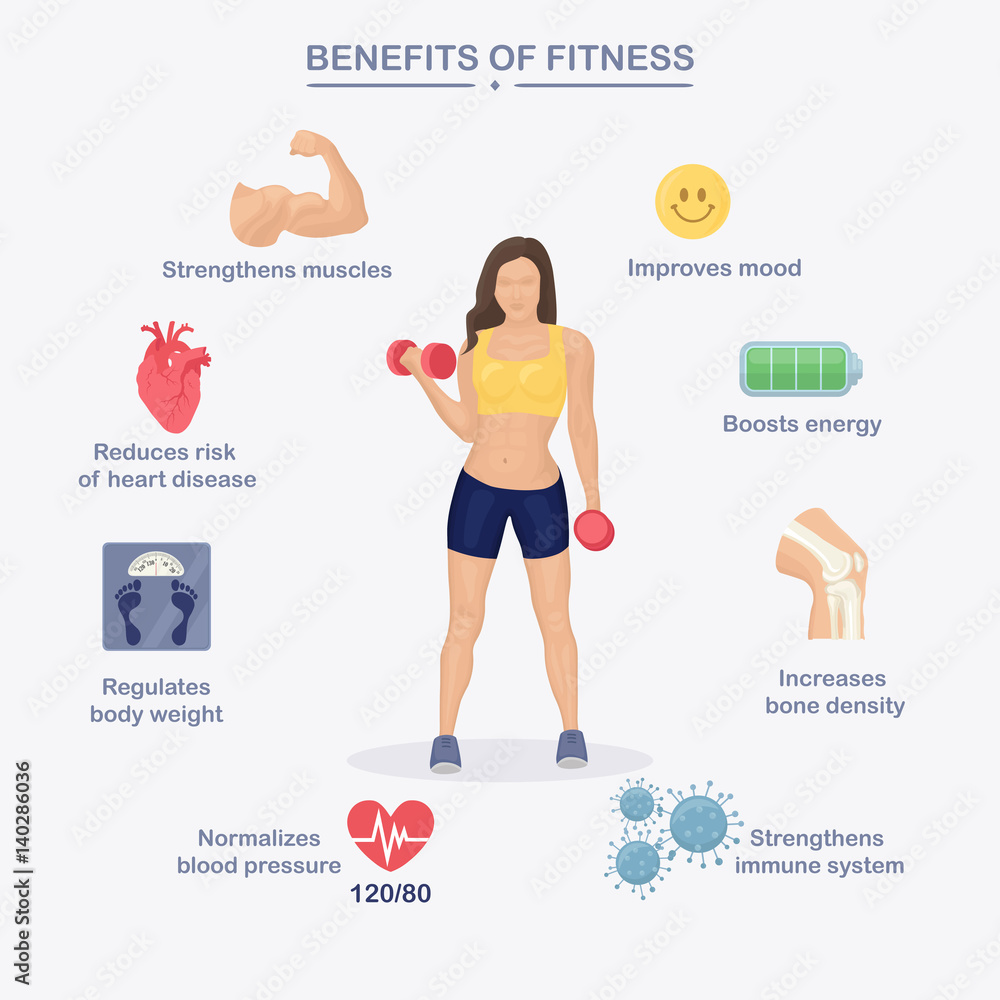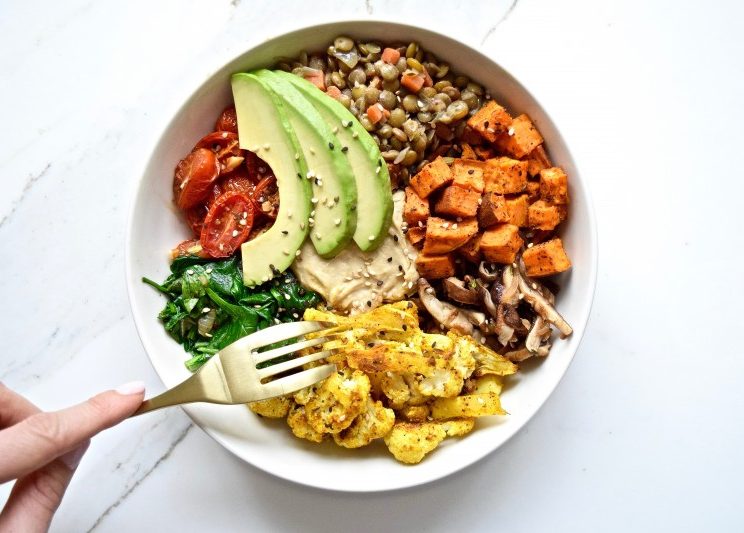THE WEIGHT LOSS ESSENTIALS

WEIGHT LOSS is a common goal for most of the world's population now-a-days and that , for very genuine reasons. Excess weight and being overweight does not only relate to your external physical appearance but also, weight excess can cause increase in the relative risk of several health problems, including heart diseases, diabetes, arthritis, knee and joint pains and certain types of cancers.
However, losing weight can be challenging, and it requires a combination of healthy eating, physical activity, and lifestyle changes.
In this blog, we'll explore some tips and strategies for achieving weight loss which is healthier, achievable and that can be maintained for a lifetime period.
1. Set realistic goals
One of the most important things you can do when embarking on a weight loss journey is to set realistic goals. Instead of aiming to lose a large amount of weight quickly, aim for gradual, sustainable weight loss. A good rule of thumb is to aim for a weight loss of 1-2 pounds per week. This may not sound like a lot, but it can add up over time, and it's more likely to be sustainable in the long run.
2. Focus on healthy eating
Healthy eating is a key element of weight loss. One should aim to eat a variety of nutrient-dense foods which include fruits, vegetables, whole grains, lean proteins, balanced nutrients and healthy fats. Similarly, for successful weight loss, one should avoid processed foods, sugary drinks and all the foods that are high in saturated and trans fats. Instead, opt for whole, minimally processed foods that will provide your body with the nutrients it needs to function properly.

3. Get moving
Physical activity is another important element to achieve weight loss goals. Aim to get at least 150 minutes of moderate-intensity exercise per week, such as brisk walking or cycling. You can also incorporate strength training into your routine to build muscle, which can help increase your metabolism and burn more calories throughout the day.

4. Get enough sleep
Sleep is often overlooked when it comes to weight loss, but it's an important factor to consider. Lack of sleep can disrupt hormones that regulate hunger and fullness, which can lead to overeating and weight gain. Aim for at least 7-8 hours of sleep per night to support your weight loss efforts.
5. Manage stress
Stress can also contribute to weight gain by increasing cortisol levels in the body, which can lead to increased appetite and fat storage. To manage stress, try incorporating relaxation techniques such as yoga, meditation, or deep breathing into your routine.
From all these essential factors , we are now going to concentrate in this blog on one element today that is:
THE ROLE OF DIET IN WEIGHT LOSS
The primary goal of weight loss is to create a calorie deficit, which means burning more calories than you consume. This can be achieved effectively through a combination of a balanced diet and regular exercise. However, diet plays a more significant role in weight loss than exercise.
Studies have shown that while exercise can help you maintain weight loss, it is not as effective as diet in creating a calorie deficit. For example, a study published in the journal Obesity found that participants who followed a calorie-restricted diet lost significantly more weight than those who only exercised, even though both groups had the same level of physical activity.

The Importance of Food in Weight Loss:
What you eat and how much you eat are equally important when it comes to successful weight loss. The type of food you consume can impact your calorie intake, as well as how full you feel. Here are some reasons why food is important in weight loss:
Calorie intake:
To lose weight, you need to consume fewer calories than you are burning. This can be achieved by eating low-calorie, nutrient-dense foods.
Appetite control:
Certain foods can help you feel full and satisfied, which can help you eat less overall. For example, foods high in protein and fiber can help keep you feeling full for longer.
Nutrient intake:
Eating a balanced diet that includes a variety of nutrient-dense foods can help ensure that you are getting all the vitamins and minerals your body needs to function properly.
Tips on How to Incorporate Healthy Eating Habits into Your Weight Loss Plan :
Incorporating healthy eating habits into your weight loss plan can help you achieve your goals and maintain a healthy weight in the long term. Here are some practical tips for getting started:

Focus on whole foods:
Whole foods such as fruits, vegetables, lean proteins, and whole grains are often lower in calories and more filling than processed foods. Incorporating more whole foods into your diet can help you feel fuller for longer and reduce your overall calorie intake.
Practice portion control:
Portion control is an important aspect of weight loss. Pay attention to the serving sizes listed on food labels and use measuring cups or a food scale to help control portion sizes. Avoid eating straight from the container, as it can be easy to overeat without realizing it.
Be mindful of snacking:
Snacking can quickly add up to extra calories, so choose healthy snacks like fruits, veggies, and nuts. Be mindful of your snacking habits and try to limit snacks to one or two per day.
Drink lots of water:
Drinking water in sufficient amount helps you to feel full and reduce your calorie intake by reducing false food cravings. One should aim for at least eight glasses of water per day and also aim to avoid sugary drinks like soda ,sugary drinks and juices.
Limit added sugars and saturated fats:
Foods high in added sugars and saturated fats can be calorie-dense and not very filling, making it easy to overeat. Limit your intake of these types of unhealthy foods and choose healthier alternatives instead.
Plan your meals ahead of time:
Planning your meals ahead of time can help you stay on track with your weight loss goals. Set aside time each week to plan your meals and snacks, and make a grocery list to ensure you have all the ingredients you need on hand.
Get support:
Weight loss can be challenging, and having a support system in place can be helpful.

In summary, achieving weight loss requires a combination of healthy eating, physical activity, and lifestyle changes. By setting realistic goals, focusing on healthy eating, getting moving, getting enough sleep, and managing stress, you can achieve sustainable weight loss and improve your overall health and wellbeing.


Comments
Post a Comment